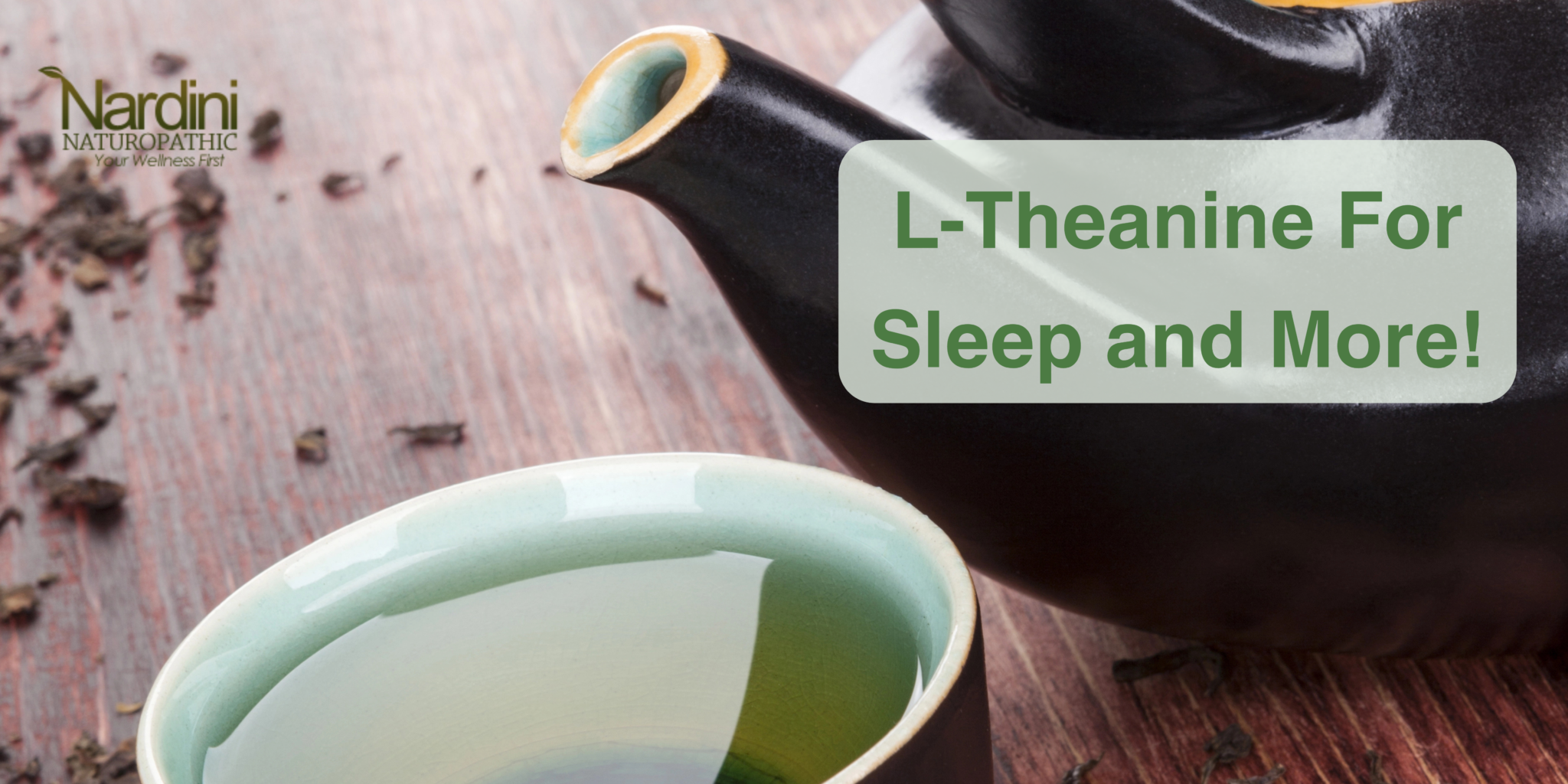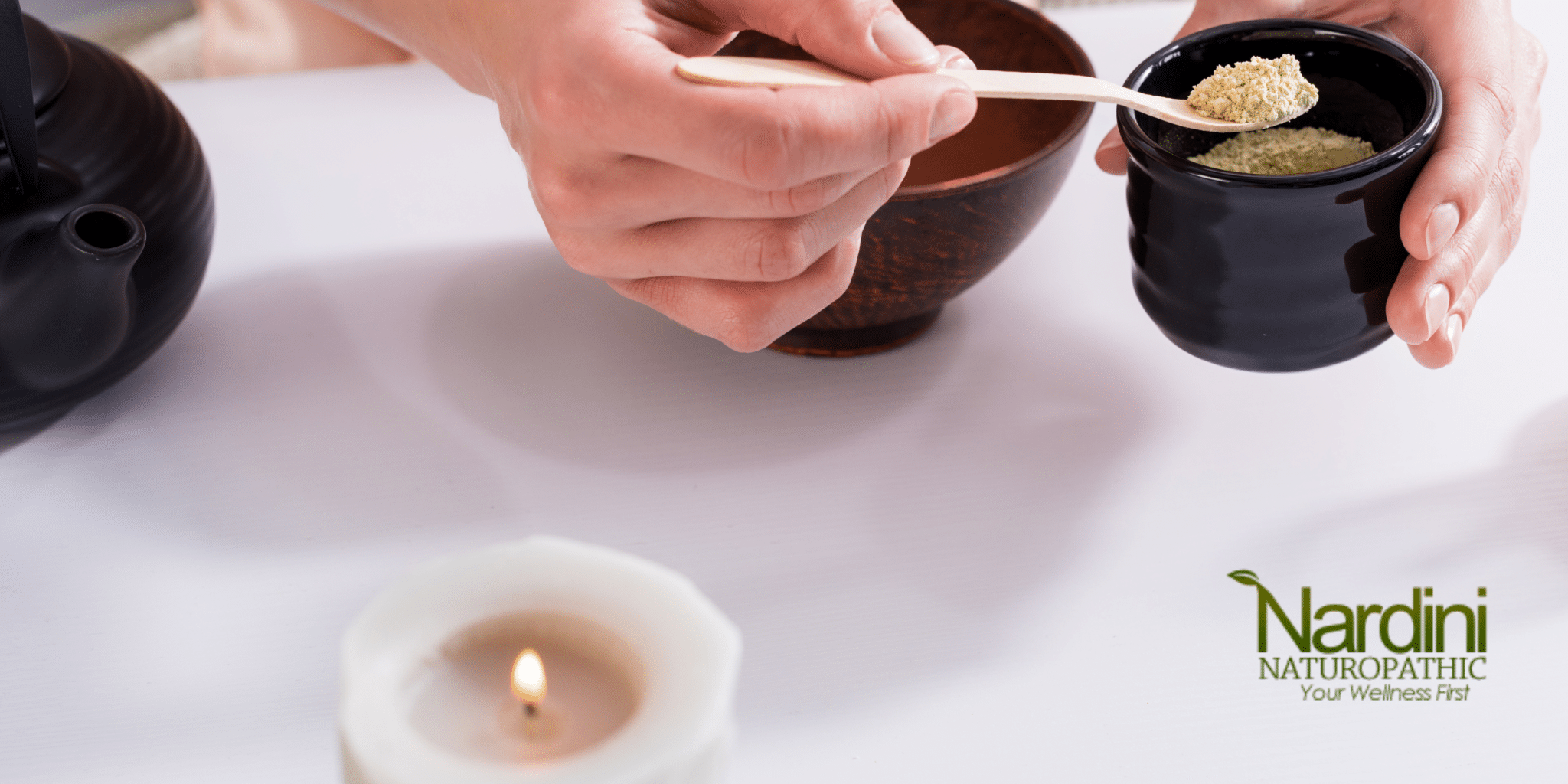I believe most of us would agree that stress affects them from time to time at the very least. For some, this results in muscle aches, stomach upset, or migraines. For others, it means anxiety, depression, or insomnia.
This is far from an exhaustive list of the effects of stress on the body. Sometimes, stress impacts us, and we don’t even know it’s stress. Ever had a sudden skin rash and wonder where that came from?
Whatever the ways in which we feel stress, correcting the underlying imbalance of the nervous system caused by it is the key to reversing its impact.
There are many ways to reduce the effects of stress on the body. Physical exercise and meditation are two that come to mind.
Dietary factors and nutrition can also affect to what extent stress impacts the body. Nutrients, like Vitamin D, Vitamin C, and magnesium can help lessen the damage caused by ongoing stress.
Herbal medicines, like Passionflower, Oat Straw, and Ashwagandha are also beneficial to reducing the consequences of stress.
Today, I’d like to look at how green tea – specifically, a component of it called L-theanine – is a powerful way to help the body manage stress.
Green Tea For Stress?
Many of us enjoy a nice warm cup of green tea on an occasional or daily basis. It can certainly be a relaxing experience.
But good for stress?
This may seem like an odd one, since green tea is known to contain caffeine, a stimulant. Isn’t that bad for stress levels?
Well, yes. Except that green tea also contains a compound called L-theanine.
This free amino acid is partly responsible for the crisp, rice-like flavour of green tea, helping to balance out the bitterness of caffeine1.
Beyond flavour, L-theanine has a range of other potential health benefits:
- Antioxidant
- Anti-inflammatory
- Neuroprotective
- Anti-cancer
- Anti-anxiety
- Metabolic regulatory
- Cardiovascular
- Liver and kidney protective
- Gastrointestinal protective
- Immune regulatory2
You could say that stress effects all the areas which L-theanine may benefit. Perhaps, L-theanine has an overall “anti-stress” effect.
With that in mind, let’s look more closely at a few of the potential benefits of L-theanine.
Health Benefits of L-Theanine
1. Anti-Oxidant
There is a good argument that too much oxidation in the body, what we call “oxidative stress”, is at the root of illness.
Oxidation is a category of chemical reactions that is brought on by toxins, electromagnetic frequencies (EMFs), and stress. Even normal, everyday metabolism involves oxidation.
A certain amount of oxidation is easily handled by the body and is even necessary to its proper function. It’s when too much oxidation happens that it becomes destructive, putting the body in a state of oxidative stress. Cells break down and die faster than they can be replaced, and the function of the organ systems begins to decline.
This is why getting enough “antioxidants” in the diet is so important for preventing oxidative stress.
The good news is that research suggests that L-theanine has a powerful antioxidant effect in the body. A 2016 study in mice showed decreased oxidation activity and increased levels of superoxide dismutase, a major body antioxidant, in mice given L-theanine3.
Another study in mice showed reduced oxidative stress and less nerve cell death caused by cadmium, a toxic metal4.
If the only benefit of L-theanine was its antioxidant potential, that would be enough reason to consume it. But there’s more…
2. Anti-Inflammatory
If oxidative stress is at the root of chronic illness, then inflammation is its immediate effect. It’s this inflammation that gives rise to various symptoms, like pain, swelling, skin rashes, digestive upset, and allergies. The list goes on.
Inflammation is the body’s process of healing. When cells, tissues, and organs are damaged by oxidative stress, an inflammatory cascade attempts to heal the damage.
If the oxidative damage persists, so will the inflammation. So, antioxidant boosters like L-theanine can reduce the oxidative damage that causes inflammation, leading to less inflammation.
The research seems to support the anti-inflammatory properties of L-theanine.
A 2020 study in rats demonstrated a reduction in osteoarthritis lesions and inflammatory cytokines in animals administered L-theanine5.
Another study published that same year in mice showed that L-theanine reduced the severity and inflammatory activity of colitis6.
These promising results need to be further tested in humans. Still, the anti-inflammatory potential of L-theanine appears to be a thing.
3. Sleep, Mood, and Brain Benefits
Partly because of its antioxidant and anti-inflammatory properties, L-theanine appears to be of particular benefit to the nervous system.
Some common neurological symptoms of chronic stress are anxiety, depression, memory loss, difficulty with focus, and so-called “brain fog”. Age itself is associated with a slow decline in cognitive function. Luckily, L-theanine may be of help.
A recent study in Japan of men and women between the ages of 50 and 69, showed improved attention and working memory with those supplementing with L-theanine over a period of 12 weeks and even after a single dose7.
Cortisol is a hormone released by the adrenal glands in response to stress. A study of healthy adults given multitasking tests, showed that L-theanine reduced subjective feelings of stress as well as salivary cortisol levels8.
The positive effect of L-theanine on the nervous system explains why it appears to be helpful for sleep. It may partly exert this effect by increasing certain inhibitory neurotransmitters in the brain, like GABA (gamma-aminobutyric acid)9.
Rather than act as a sedative, potentially causing dependency and side effects like grogginess, L-theanine calms the nervous system. This helps put you into a state where it’s easier to fall and stay asleep instead of knocking you out as if with a sledgehammer.
A research study in 2022 on working adults demonstrated improved sleep duration and latency (time to fall asleep) in those supplementing with L-theanine10.
Indeed, L-theanine has potential for improving sleep and helping one manage their stress during the rest of the day.
How To Get L-Theanine?
The great news about L-theanine is that’s very easy to get!
Probably the easiest way to obtain L-theanine is in green tea. A typical cup of green tea will contain about 25 mg of L-theanine11. Matcha green tea, which is made from powdered green tea leaves, contains approximately 40 mg L-theanine per cup12.
Keep in mind that green tea will also contain about 30-35 mg of caffeine per cup. So, the calming effects of the L-theanine may be somewhat offset by the stimulatory effects of the caffeine if obtained by drinking green tea.
L-theanine is also readily available as a nutritional supplement. Most L-theanine supplements come as capsules or liquid containing 100-300 mg of L-theanine per dose.
Research studies suggest that 200-400 mg of L-theanine per day is an effective amount to gain its anti-anxiety and sleep benefits13. This would require at least 5 cups of Matcha per day, which may be impractical. So, supplementation may be a better bet for those with more serious health concerns.
Of course, check with your qualified health practitioner before adding a new supplement or significantly changing your diet.
Keeping all this in mind, if you’re dealing with insomnia, anxiety, or other symptoms of chronic inflammation, L-theanine may be just what your body needs!
- https://pubmed.ncbi.nlm.nih.gov/30642509/
- https://www.sciencedirect.com/science/article/pii/S2221169117308420?via%3Dihub
- https://www.sciencedirect.com/science/article/abs/pii/S1756464616301025?via%3Dihub
- https://www.sciencedirect.com/science/article/abs/pii/S0161813X16301905?via%3Dihub
- https://www.ncbi.nlm.nih.gov/pmc/articles/PMC7400703/
- https://www.sciencedirect.com/science/article/abs/pii/S0963996920304348?via%3Dihub
- https://www.ncbi.nlm.nih.gov/pmc/articles/PMC8080935/
- https://www.ncbi.nlm.nih.gov/pmc/articles/PMC4728665/
- https://pubmed.ncbi.nlm.nih.gov/33966405/
- https://www.mdpi.com/2072-6643/14/3/652
- https://sleepopolis.com/education/l-theanine-and-sleep/
- https://aiya-america.com/blog/matcha-green-tea-and-l-theanine/
- https://www.sciencedirect.com/science/article/abs/pii/S1043661819307790
Book An Appointment With Nardini Naturopathic
Are you interested in finding out if L-theanine may be an option for you?
Or perhaps you’d like a review of your overall diet to see where you could be doing better.
Maybe you have food allergies or intolerances and worry you aren’t getting enough nutrients because of your restricted diet.
I’m Dr. Pat Nardini, a naturopathic doctor who offers nutritional counseling services to help ensure all of those gaps in your diet are filled, and that you’re getting enough of all the important nutrients which your body needs to function at its best.
Contact me today for more information, or book a free 15-minute consultation where I will help you understand how naturopathic medicine can help you.
If you have questions about naturopathic medicine, or you’d like to take your first step into the world of naturopathy, contact us at Nardini Naturopathic, and let’s book an appointment.
Yours in health,
Dr. Pat Nardini, Naturopathic Doctor
320 Danforth Ave suite 206,
Toronto, ON, M4K 1N8
-https://g.page/NardiniNaturopathicDanforth
Dr. Pat Nardini, ND is a licensed doctor of naturopathic medicine in Toronto, Ontario. He offers science based natural health solutions with a special focus on thyroid conditions.


